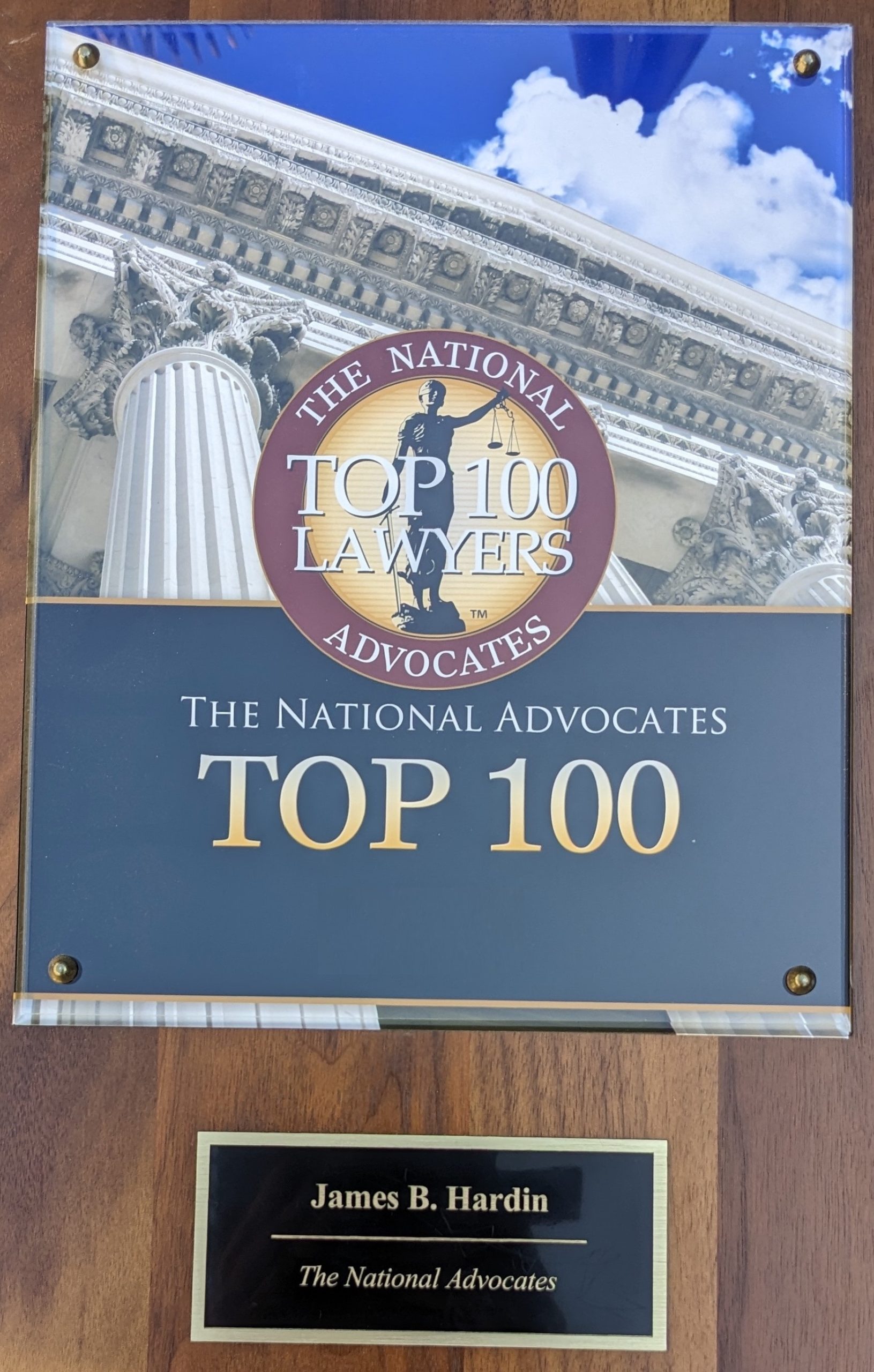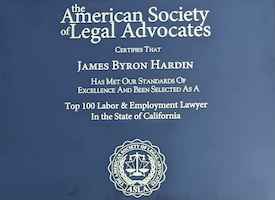CA Supreme Court Weighs in on Whistleblower Protection for Doctors
In a recent decision involving a Northern California hospital (Fahlen v. Sutter Central Valley Hospitals), the California Supreme Court unanimously ruled that a physician has the right to bring whistleblower lawsuits to challenge adverse peer reviews. In a world of online review sites and offline peer review team building exercises, the decision is likely to bring about a significant shift in the way that peer review of physicians plays out in the legal realm, and highlights the prudence of hospitals’ engaging legal counsel when conducting peer review proceedings.
Dr. Fahlen was a doctor at Memorial Medical Center who reported to the hospital’s authorities that some nurses were endangering patients’ lives by failing to follow his instructions. This included a nurse who allegedly neglected to transfer a patient to intensive care, and another who defied an order to use defibrillator paddles on a patient. The hospital’s chief administrative officer allegedly retaliated against Fahlen’s quality of care complaints, and as a result Fahlen lost staff privileges and was and denied reappointment by the hospital’s review board. Rather than filing a petition for a writ of mandate, the traditional form of challenging administrative decisions such as this one, Fahlen instead filed a lawsuit asserting several claims, including a whistleblower claim under Health & Safety Code Section 1278.5.
Whistleblower protection is taking very seriously at the state and federal levels. California’s Health & Safety Code Section 1278.5 is a whistleblower protection law that is designed to encourage healthcare workers to notify authorities of “suspected unsafe patient care and conditions.” In 2007, this statute was amended to include physicians that report quality of care concerns in the list of individuals who are authorized to bring a legal retaliation claim. The California Supreme Court unanimously found that the law allows a physician to bring a retaliation claim without having exhausted internal, administrative remedies. In short, Fahlen did not need to exhaust his administrative remedies within the hospital before seeking judicial review of this issue. Indeed, the Court noted that a physician may initiate a challenge under Health & Safety Code Section 1278.5 before a peer review proceeding has even been completed.
How does this affect both hospital administrators and the medical professionals who work in hospitals? This decision underscores the significance of hospitals’ examining possible legal repercussions before initiating peer review actions against physicians who have complained about quality of care issues. Since physicians may bring lawsuits without first exhausting a hospital’s internal administrative remedies, this decision may assist medical professionals who are have been retaliated against for raising concerns regarding suspected unsafe patient care and conditions.
To discuss an employment-related issue, contact the experienced Orange County employment lawyers at Hardin & Associates.





















